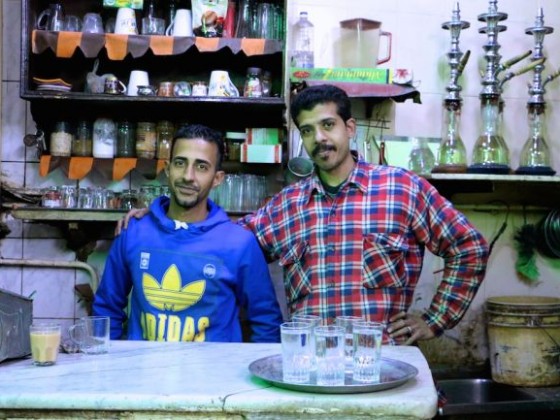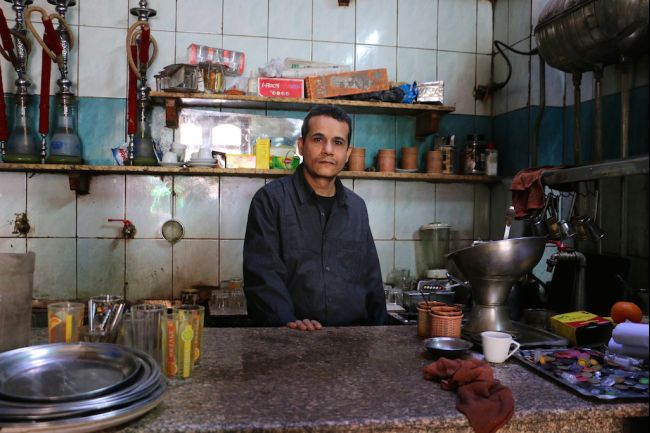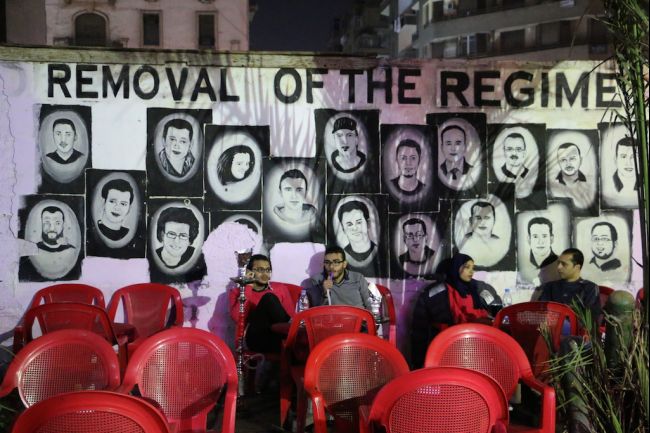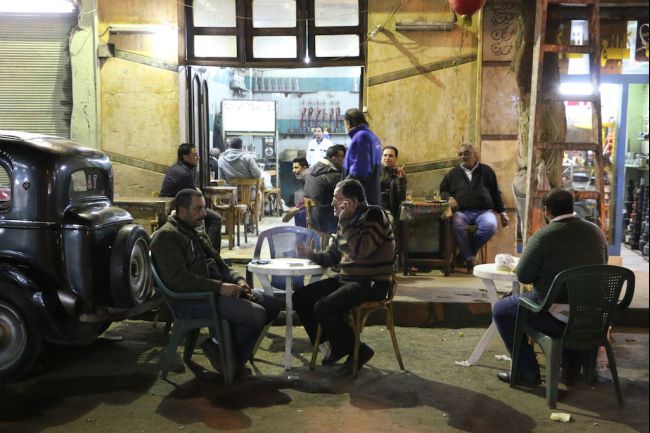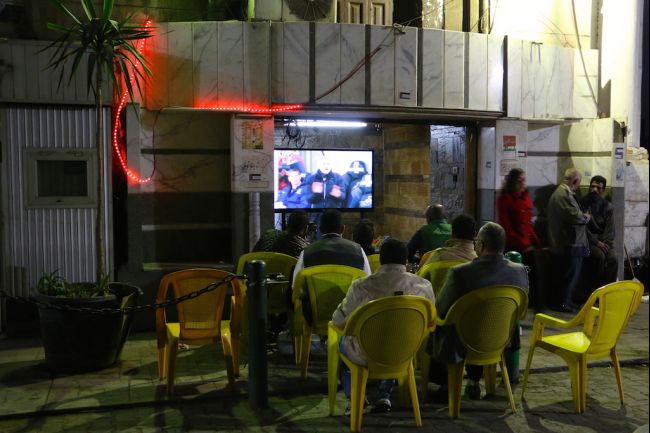CAIRO, Egypt — In Egypt, almost every man has his ahwa — a traditional coffee shop where they come to meet friends, drink tea, smoke shisha and watch the world go by.
All over Cairo and up and down the Nile, it’s not uncommon to see men sitting in ahwas smoking shisha as early as 7 in the morning. Sometimes the water pipe is jokingly referred to as a durra, meaning a second wife in Arabic.
